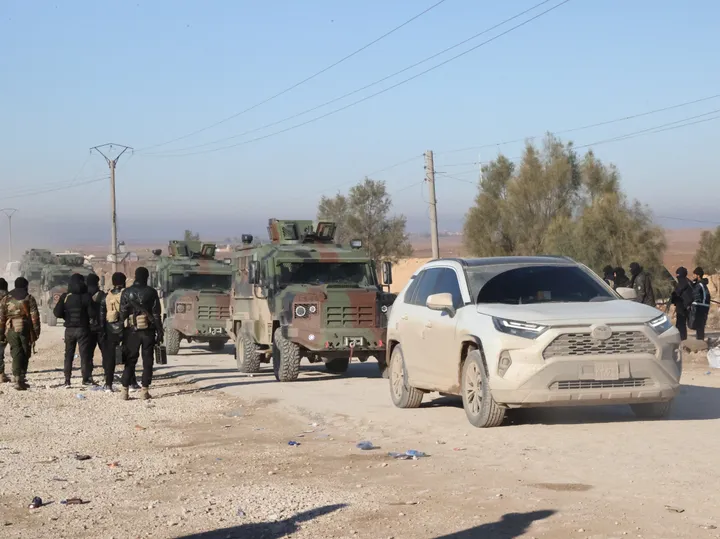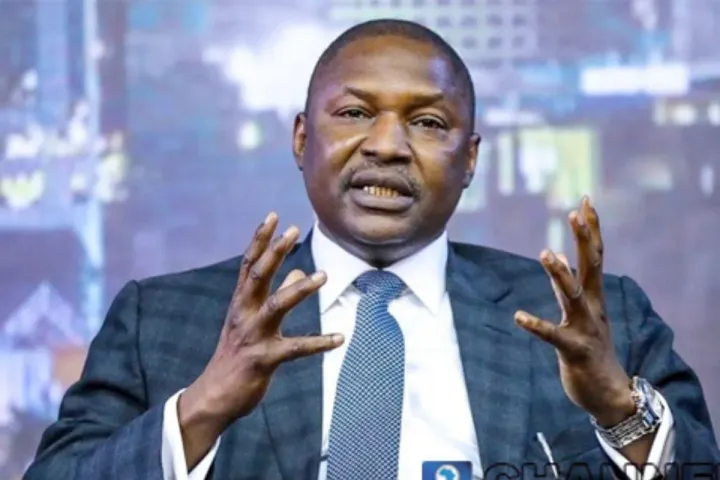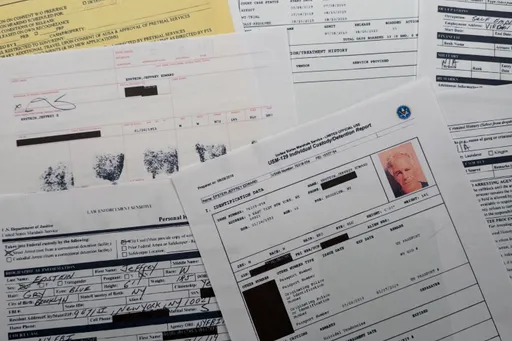The recent spate of welcomed public appearances by senior Israeli officials in Gulf countries, following a history of clandestine ties, unveil a shift towards normalised ties with Israel.
On October 25, Israeli Prime Minister Benjamin Netanyahu visited Oman for high-profile talks with Sultan Qaboos, days after talks with Palestinian Prime Minister Mahmoud Abbas.
His visit to Oman coincided with another visit by far-right Israeli Minister Miri Regev to the UAE.
The visits come as the Palestinian Central Committee voted to revoke recognition of Israel, and suspend security cooperation with Tel Aviv.
"You have to realise that the GCC's kings, sultans and princes only pay lip-service to the Palestinian issue. It's a means to an end. The Arab people want leaders who are anti-Israel. Their leaders deliver. But these royals couldn't care less about Palestine. It's all a smokescreen. You should hear the way they speak about it," a source from the Omani Royal court tells TRT World.
"It's a joke to them," he adds.
"I'm sure some of them genuinely do [care]," he notes, "but those are quickly branded as extremists, and are marginalised or disappear."
When asked what they do care about, he had one word: "Iran."
"Iran and its expansion are the only items on their agenda now. Ties with Israel are for sharing intelligence and cooperating militarily against Iran. Any mediation that comes from it is a side public relations benefit to leverage US support."
According to an anonymous Israeli official speaking to the New York Times, Netanyahu's visit came after four months of quiet discussions, and years of secret relations between Israel’s Mossad intelligence agency and Sultan Qaboos, who overthrew his father in 1970 and has ruled since.
A warm welcome for the 'racist' minister
While Netanyahu was in Oman, Regev was on a four-day visit to Abu Dhabi.
"If our children live in fear, Hamas should live in fear... We must go back to the policy of targeted assassinations of leaders"
Regev, a hardline conservative with a reputation for racist, provocative statements even within Israel, attended the International Judo Federation’s Grand Slam in Abu Dhabi. She was welcomed by local officials and given a tour of the Sheikh Zayed Grand Mosque alongside UAE officials the next day.
The Israeli minister has often been the subject of controversy, posting a video featuring genocidal chants like, "may your village be burned", and calling migrants "a cancer".
Out of the shadow, into the light
Calling the Israeli-GCC rapprochement a 'thaw in relations', might be an understatement, given that they have existed for some time but were simply kept clandestine.
Recent events, however, hint at a bolder move towards normalising ties with Israel, largely kept under wraps out of fear of public opinion. This has become all the more pressing in the post-Arab Spring Middle East.
“I will say this for the first time: Israel is a state that is present in this region, and we all know this,” said Foreign Minister Yusuf Bin Alawi in Bahrain on Saturday.
Saudi Arabiareportedly purchased over $250 million worth of spy equipment from Israel, according to an exclusive report from Al-Khaleej Online.
The deal, mediated by the US and included training a Saudi team in operating the state-of-the-art espionage equipment, as well as strategic military exchanges.
But the deal is by no means the first deal the Saudi Kingdom has entered into with Israel.
A diplomatic source claimed in mid-September that Saudi Arabia had purchased the Israeli Iron Dome defence system to defend itself against Houthi rebel missile attacks.
Saudi Crown Prince Mohammed bin Salman has also previously stated that Israelis are entitled to live peacefully on their own land, in an interview.
The statement contradicts Saudi Arabia's insistence that normalising relations with Israel requires Israeli withdrawal from Arab lands captured in the 1967 Arab-Israeli war.
In August 2018, the UAE contracted the secretive Israeli NSO Groupto spy on dissidents, turning their phones into surveillance devices through the use of spyware.
Bahrain itself publicly backed Israel's right to defend itself in a tweet by its top diplomat in May 2018.
During Regev's visit Israel’s national anthem, Hatikvah, was played for the first time in the Abu Dhabi, a further sign of the ties becoming formalised. The United Arab Emirates still has no 'official' ties to Israel.
“We made history. The people of Israel live!” Regev tweeted tearfully after the anthem was played.
At the same time, Israeli Communication Minister Ayoub Kara attended a conference in Dubai on Monday, October 29, while Transportation Minister Israel Katz plans to attend a meeting in Oman next week
A larger strategy in the making?
"Israel is a state present in the region, and we all understand this," said Oman's foreign minister, following the meeting.
"The world is also aware of this fact. Maybe it is time for Israel to be treated the same [as others states] and also bear the same obligations."
Only last month, UAE Ambassador Yousef al Otaiba spoke at a summit in New York, alongside Yossi Cohen, director of Israel's Mossad spy agency and Saudi Foreign Minister Adel al Jubeir.
"Gulf countries, Israel and the countries in the immediate vicinity are the ones at immediate risk [from Iran]," he stated, finding common ground with Israel through shared anxiety over Iran's expanding geopolitical presence.
Otaiba himself reportedly met Israeli Prime Minister Benjamin Netanyahu last May during a 'chance encounter', where they discussed Iran.























